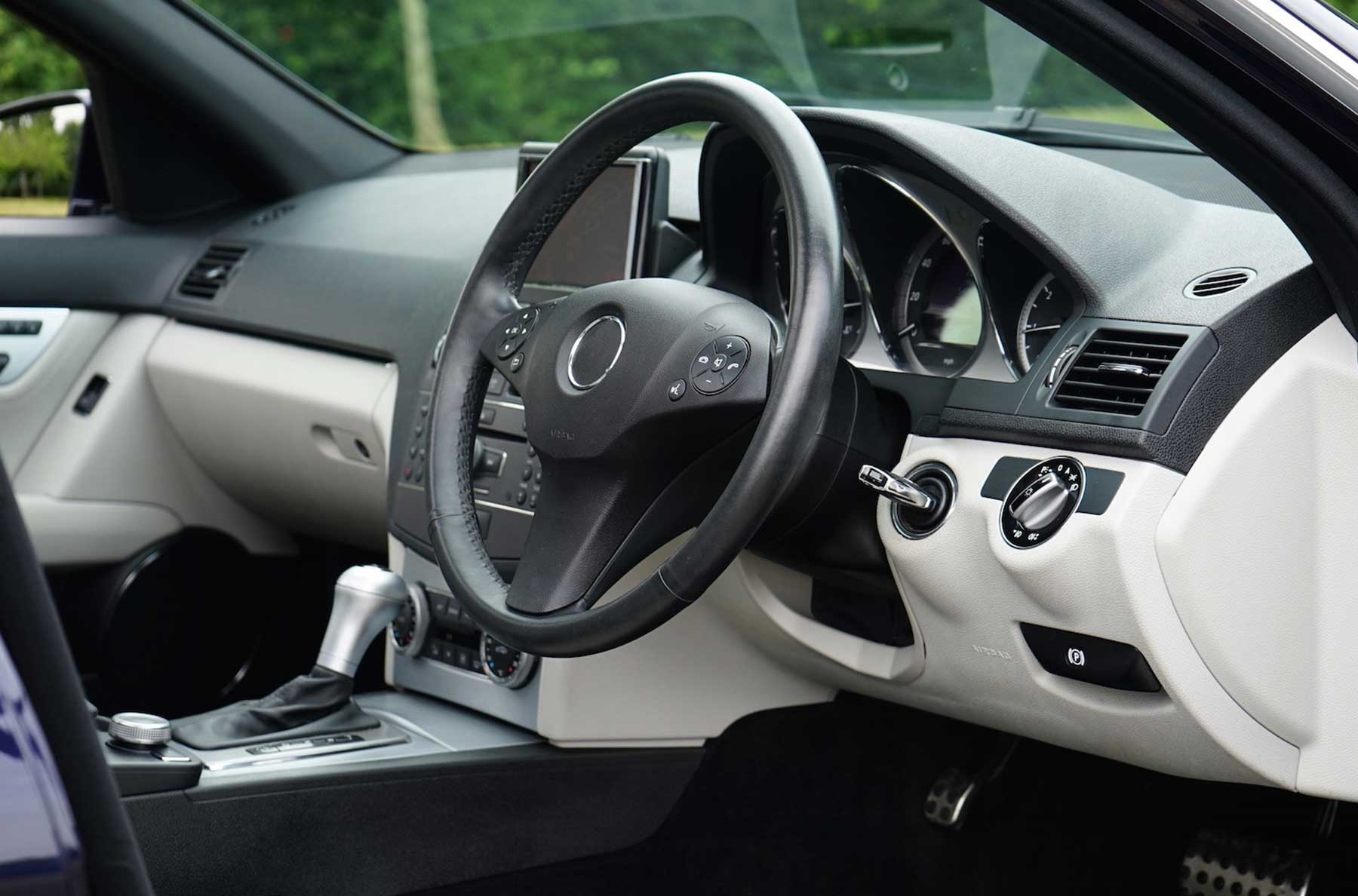Loadcells can prove to be a valuable tool for safety testing, providing traceability to strict European standards.

Health and safety is a principal concern for all businesses and failure to comply with regulations can have catastrophic consequences. Companies need to ensure not only the safety of their own workforce but also any visitors to their premises and of course anyone who will be using their products. This can be achieved through the provision of personal protective equipment (PPE), regular inspection and maintenance of equipment / machinery and rigorous safety testing of new products. Any equipment that could be potentially dangerous or, equally, any equipment that is relied upon for protection, is likely to be subject to to specific international standards for safety testing.
Safety footwear, for example, is covered by EN ISO 20345, which requires a minimum of 200 Joules impact resistance (the equivalent of 20kg dropped from a height of 1020mm) and the ability to withstand 15kN (approximately 1.5 tonnes) of static compressive force. Similarly, a lot of other safety standards relate to minimum resistance to impact / force or require the test item to be able to lift or hold a certain weight.
For this reason, loadcells are extremely useful for a wide variety of safety testing as they also provide traceability for the testing. Novatech have provided loadcells for numerous applications including:
- Fall arrest testing of safety harnesses for employees working at height
- Quality control of safety footwear – impact and crush testing of steel toe cap inserts
- Proof loading of lifting gear
- Vehicle crash testing and seat belt tension monitoring
- Fatigue testing of components and assemblies in various industry sectors
- Impact testing on electrical enclosures
- Critical safeguards in the nuclear energy sector
- Bolt loosening in critical assemblies subject to high frequency vibration
Novatech have a well provisioned calibration facility and offer fully traceable calibration of all products to a very high precision. This ensures that any testing performed using our sensors can be validated and therefore trusted for critical applications. We provide a comprehensive document detailing the total uncertainty error applicable to our calibrations, which forms the basis of our loadcell performance specifications. Calibration certificates are supplied as standard with all loadcells and systems.
